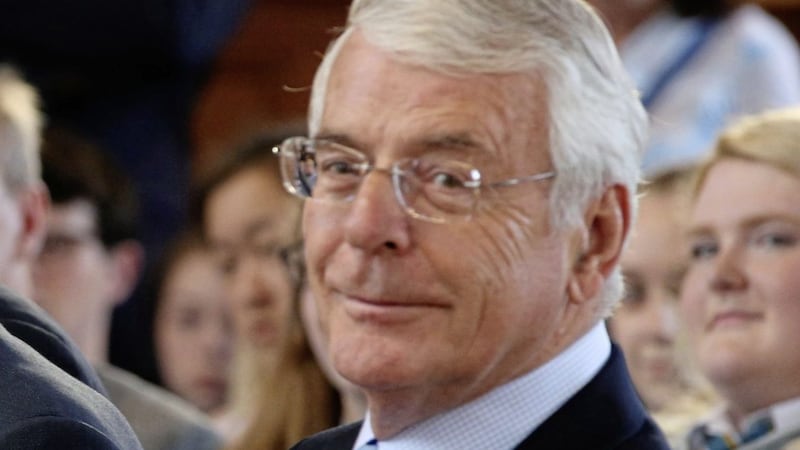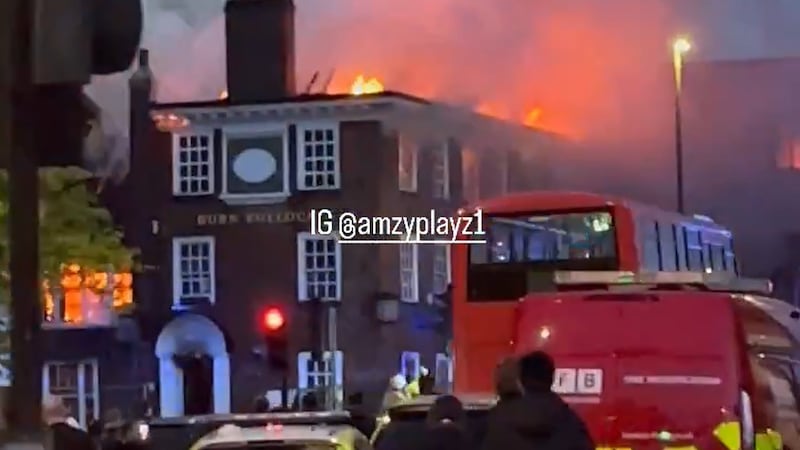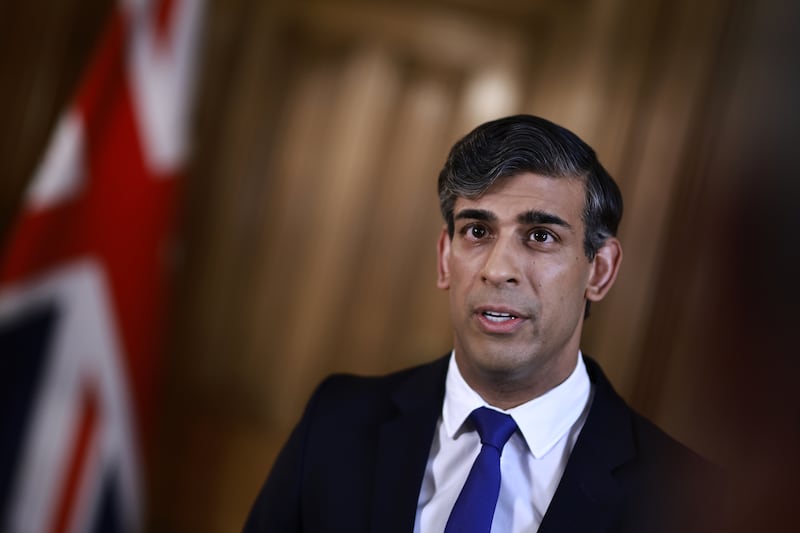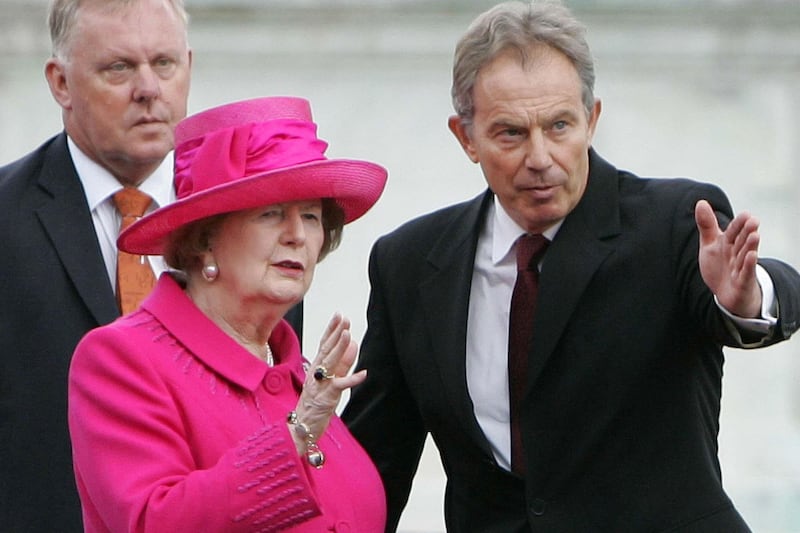TWO central figures of the 1990s peace process have voiced reservations about the deal being struck between the Tories and the DUP.
As Arlene Foster went to Downing Street yesterday to negotiate a 'confidence and supply' arrangement that would prop up Theresa May's minority government, former Conservative leader Sir John Major warned that any deal could see the re-emergence of "hard men" who were still "lurking in the corners of communities".
Meanwhile, Mrs Foster's former party leader Lord David Trimble said the DUP was taking a "significant risk" in entering into a deal with the Conservative government.
Mr Major, who during the mid-1990s relied on the support Ulster Unionist MPs, told BBC Radio 4's World At One programme that the peace process was still "fragile" and cautioned an agreement could mean the Mrs May's government would no longer be seen as impartial.
He said that he was "wary" and "dubious" about a deal "both for peace process reasons but also for others reasons as well", and said that events in Northern Ireland tended not to unwind as expected.
"We need to be prepared for the unexpected, we need to hope for the best but prepare for the worst," he said.
"The last thing anybody wishes to see is one or other of the communities so aggrieved that the hard men, who are still there lurking in the corners of the communities, decide that they wish to return to some form of violence."
He said the British government's impartiality was essential to avoid a return to violence in the north.
In recent days, nationalists have voiced similar concerns about the British government's impartiality and particularly Secretary of State James Brokenshire's role as chair of the Stormont talks.
Mr Major said it was "very important" that there was an "honest broker", stating that the "only honest broker can be the UK government".
"The question arises, if they cease to be seen as such by part of the community in Northern Ireland, then one can't be quite certain how events will unwind and that worries me a great deal about the peace process," he said.
But earlier Lord Trimble had insisted that there was no threat to peace or the God Friday Agreement but he did warn that the DUP risked "putting themselves in a position where they may have to take responsibility for unpopular actions".
The former Stormont first minister said the Tory government was also "taking a risk" .
He told BBC Radio 4's Today programme: "There's no connection between the agreement and the European Union, and Brexit and all the rest of it, people are just trying to grab this and argue as a stick to beat the government with and I think it's really quite silly."
The Tory peer said people were using the increasingly cosy relationship between the Conservatives and the DUP to attack Mrs May's government.
Asked about the DUP's demands in any discussions of a deal with the Conservatives and the British government's stance as an honest broker, he said: "That is the danger for the DUP, because the DUP by doing this are putting themselves in a position where they may have to take responsibility for unpopular actions, where they may suppose themselves to the sort of attack that you're making at the moment, so they are taking a significant risk in going in.
"Equally the government is taking a risk by coming into a close relationship with them for obvious reasons."








